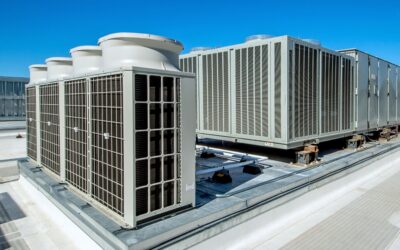Heating & cooling expertise
Central Mass
HVAC Specialists
Indoor Air Systems is a small, locally owned & specialized HVAC company in Central Massachusetts who can give our customers the attention & responsiveness they deserve without the high costs of covering large overhead expenses for heating & cooling needs.
We specialize in the installation & maintenance of mini-split systems.
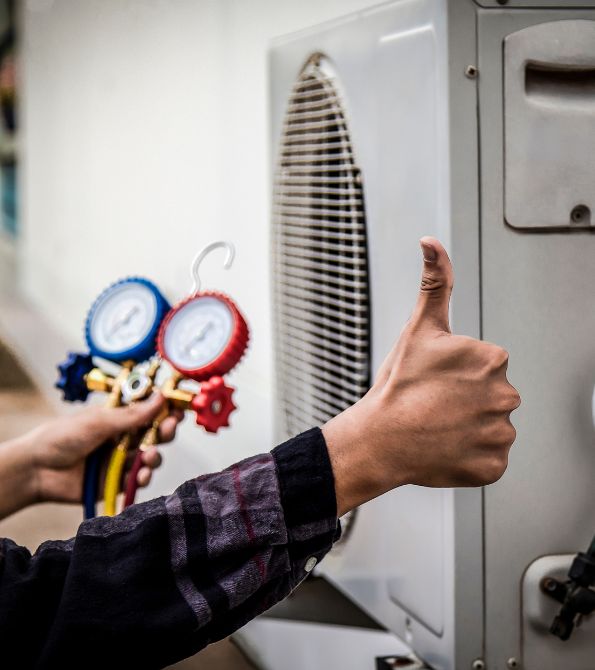
20+
Years of Experience
WHO WE ARE
Your Local Experts For Residential Heating & Cooling Services
Indoor Air Systems is a premier provider of residential cooling and heating services, boasting over two decades of experience in the industry. With a sterling reputation built on expertise and reliability, they have become synonymous with quality and trustworthiness. Specializing in both cooling and heating systems, their team of professionals is dedicated to ensuring optimal indoor comfort for their clients. Renowned for their attention to detail and commitment to customer satisfaction, Indoor Air Systems has garnered numerous five-star reviews, a testament to their unparalleled service and expertise. When it comes to residential cooling and heating solutions, Indoor Air Systems stands as an authoritative and trusted name in the industry.
We are Mass Save approved heat pump installers.
What We Offer
Discover Our Services
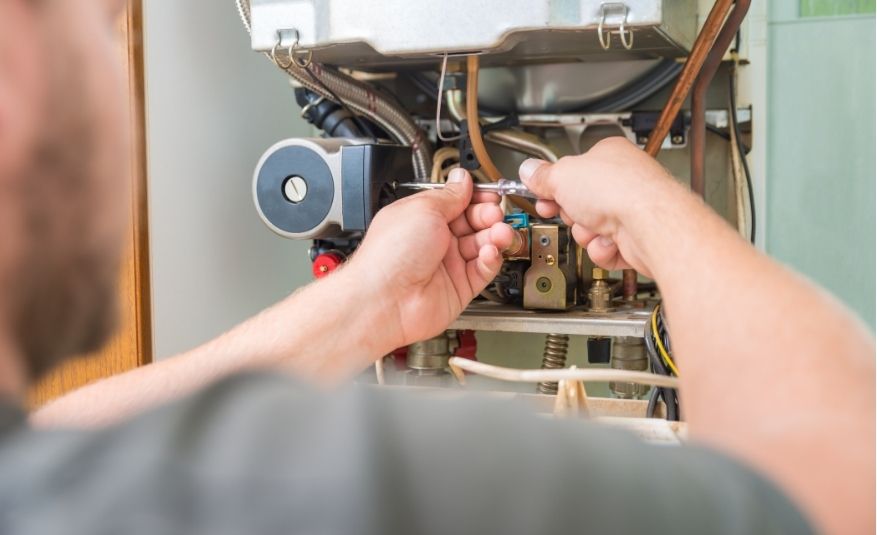
Heating
Efficient heating solutions
for comfortable homes.
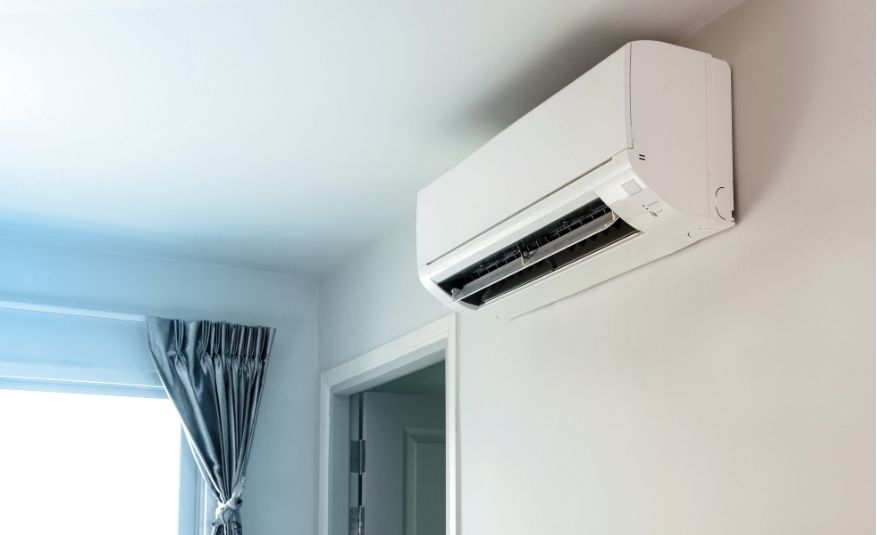
Cooling
Cooling expertise for
refreshing indoor comfort.
Our Advantages
We Specialize In All Types Of Heating And Cooling Services
Whether it’s an old furnace, heat pump or central AC, ductless mini splits we have the expertise to keep your home comfortable all year.
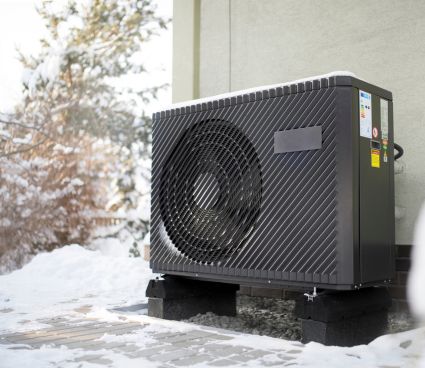
Heat
Pumps
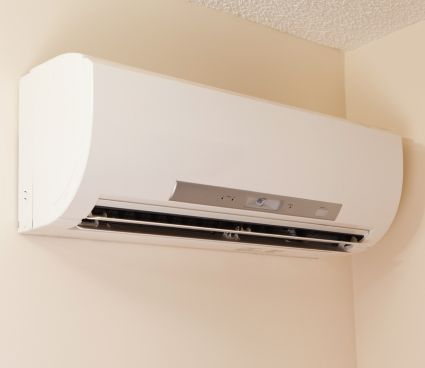
Ductless
Mini Splits
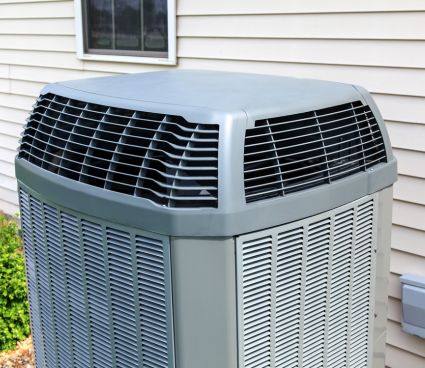
Central
Air & Heat
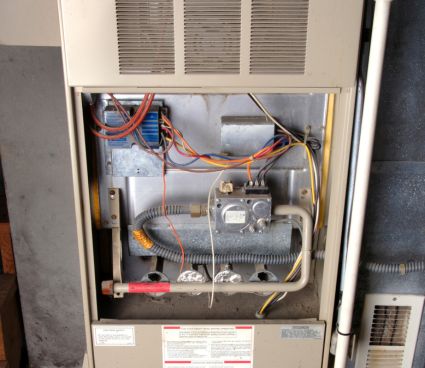
Furnaces
Need Something Fixed Or Installed?
Looking For A Quote?
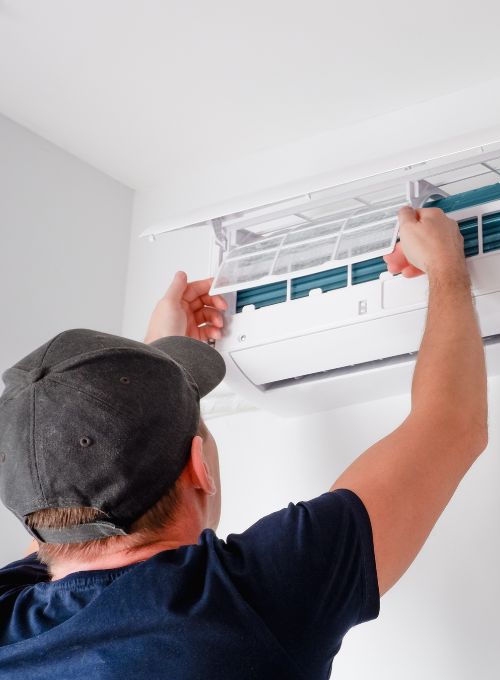
Common Questions
Central Massachusetts Heating & Cooling FAQ
Learn more about the most common questions we receive about heating and cooling services in Massachusetts.
1. What are the most common furnace repairs?
The most common furnace repairs include replacing filters, addressing ignition problems such as pilot light issues or faulty igniters, fixing thermostat malfunctions, repairing or replacing worn-out belts and bearings, resolving issues with the blower motor or fan, diagnosing and fixing airflow restrictions or blockages, and addressing problems with the heat exchanger such as cracks or corrosion. Regular maintenance can help prevent these issues and ensure optimal furnace performance.
2. What is the most efficient heating system for Massachusetts?
For Massachusetts, the most efficient heating system depends on factors like climate, energy costs, and home size. Generally, high-efficiency heat pumps are popular due to their versatility, providing both heating and cooling. They extract heat from the air or ground, offering efficient operation in moderate climates like Massachusetts. Additionally, modern gas furnaces with high Annual Fuel Utilization Efficiency (AFUE) ratings are effective, especially in colder regions. Proper insulation and weatherization further enhance efficiency. Consult with usfor personalized recommendations based on specific needs and budget is advisable for selecting the most efficient heating system in Massachusetts.
3. What is the Massachusetts rebate for mini splits?
Massachusetts offers rebates for mini splits through programs like Mass Save. Rebate amounts vary based on factors such as system size, efficiency ratings, and installation details. Generally, homeowners can receive rebates ranging from a few hundred to several thousand dollars per system. These incentives aim to promote energy-efficient heating and cooling solutions, reducing both utility bills and environmental impact. Eligibility requirements and rebate amounts may change, so it’s crucial to check with Mass Save or other relevant authorities for the most up-to-date information and to ensure compliance with program guidelines when installing mini splits in Massachusetts.
4. What's the difference between AC and Central Air?
AC typically refers to standalone units cooling individual rooms, while central air systems distribute cooled air throughout the entire house via ductwork. Central air offers consistent cooling and heating, controlled by a thermostat, and often includes air filtration. It’s more efficient for larger spaces and provides even temperature distribution. In contrast, AC units are more portable, suitable for smaller areas, and don’t require ductwork. Choosing between them depends on factors like budget, home size, and cooling needs. Consult with us to help determine the best option for specific comfort requirements and property characteristics.
Most Recent Blog POSTS
Our HVAC Blog
Winter in New England: An Essential Guide to Activities
Winter in New England is nothing short of magical. As temperatures drop and heavy snow dusts the landscape, the region transforms into a picturesque wonderland. Think of quaint towns blanketed in white, historic homes adorned with twinkling lights, and busy holiday...
How to Find Emergency Home Heating with These Quick Changes
Emergency home heating is crucial when facing unexpected power outages, especially during the cold Massachusetts winters. When the power goes out, you need solutions that not only keep you warm but are also safe and dependable. Here are some quick ways to ensure...
Energy Efficient HVAC Systems: A Comprehensive List
Energy efficient HVAC systems are a cornerstone for homeowners eager to cut down on energy consumption while improving indoor comfort. If you’re considering a switch to these modern systems, here are a few benefits quickly: Lower energy bills: Use less electricity and...
Get Started Today
Get In Touch Today For Your Heating & Cooling Needs
Fill out the form to request service or ask a question.



